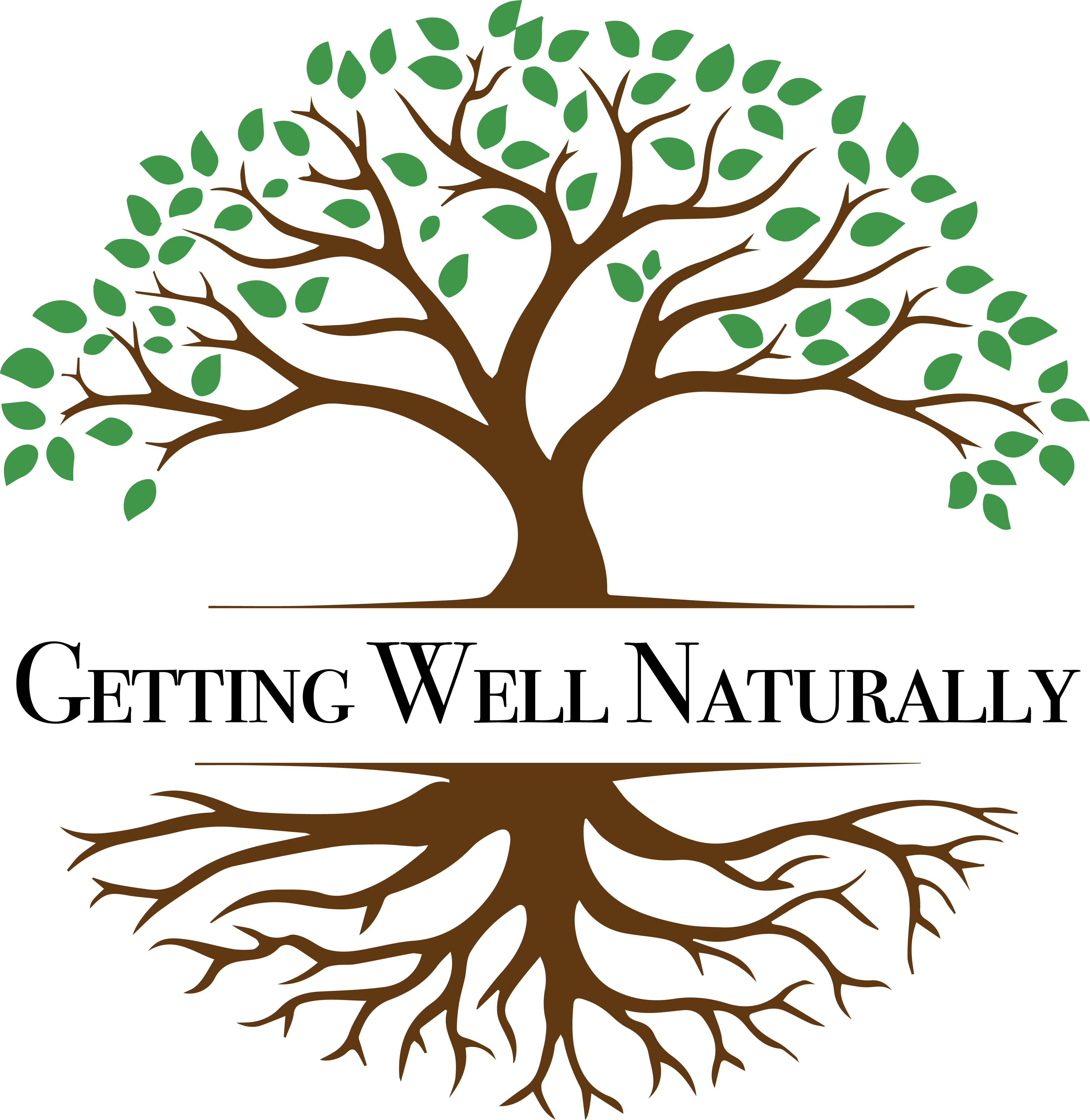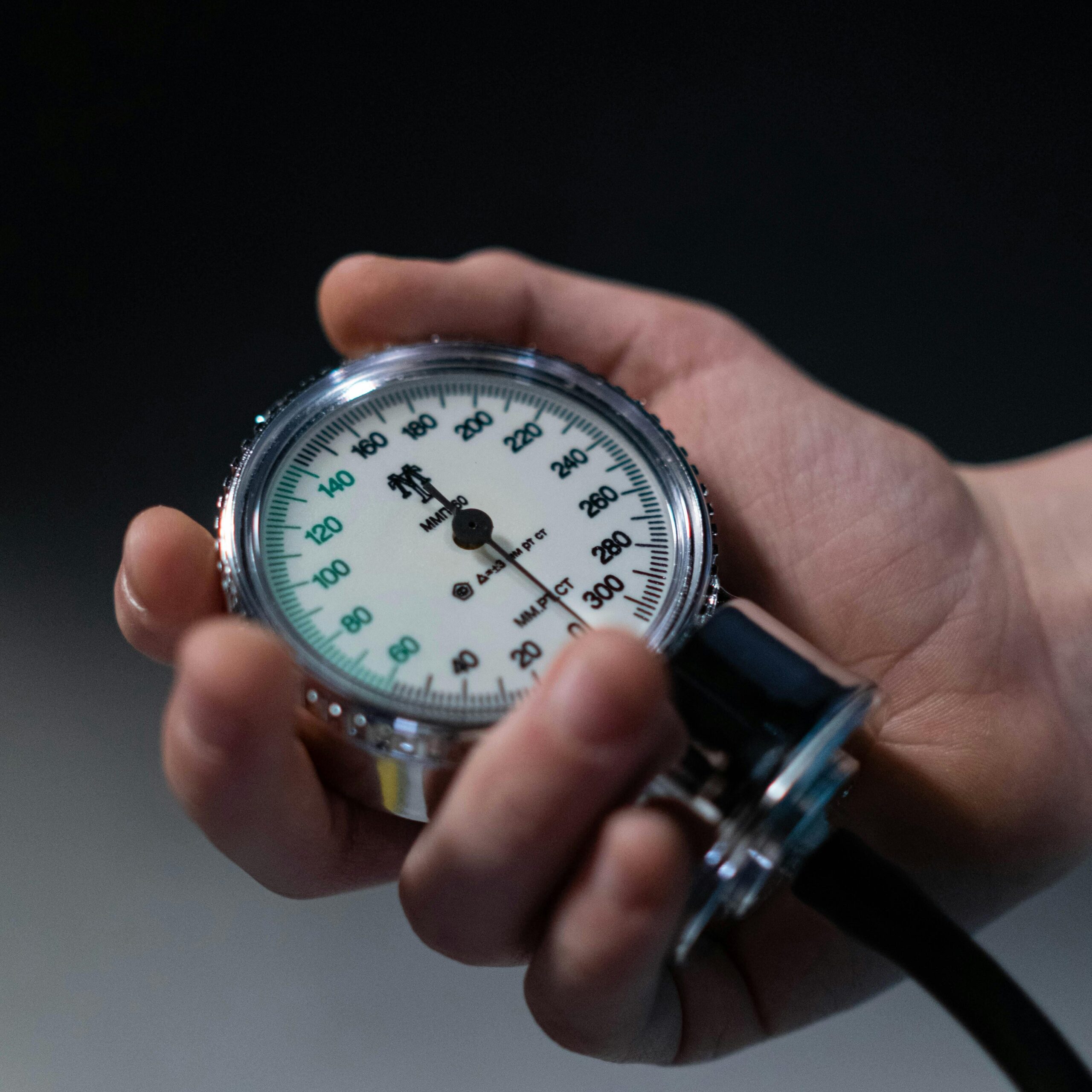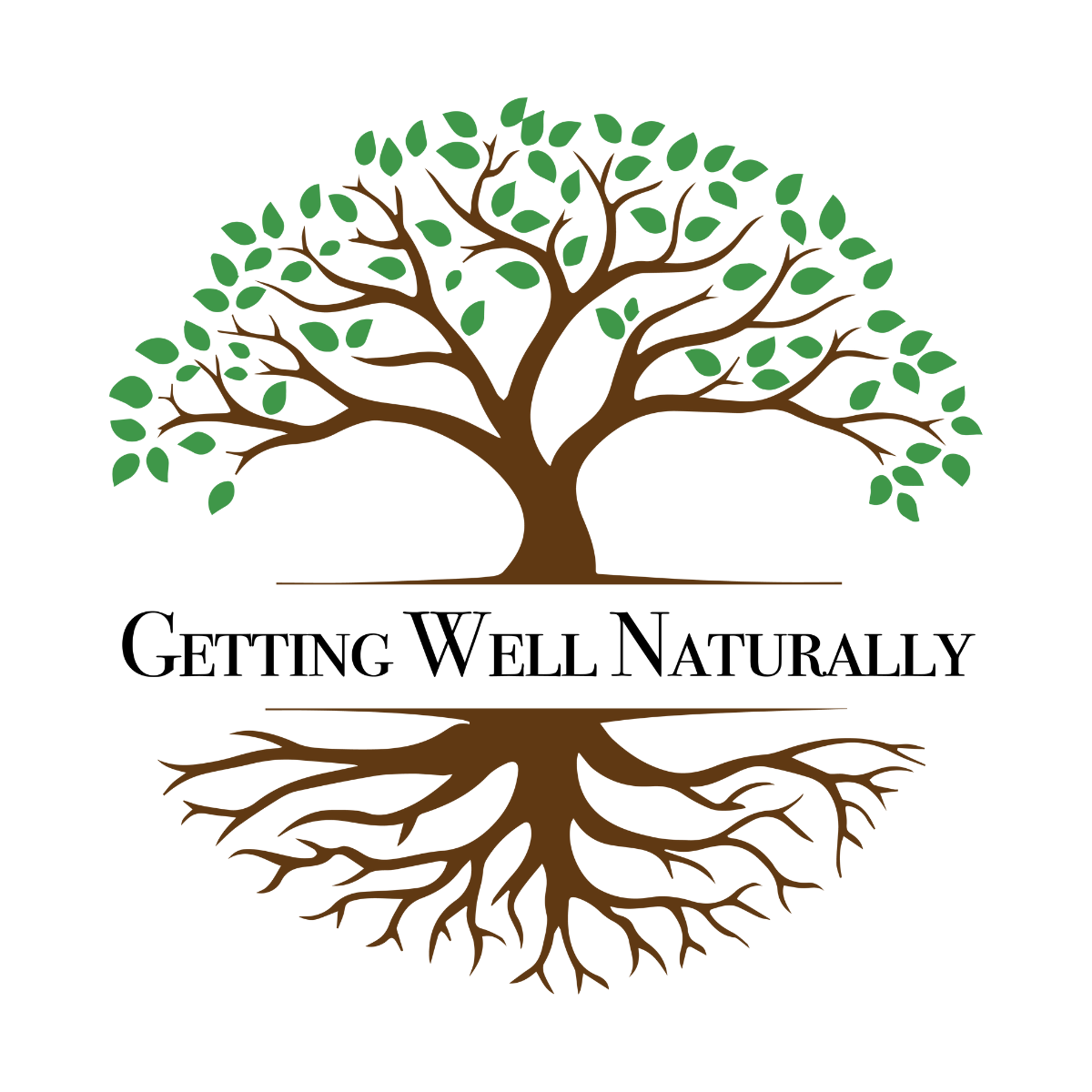According to the CDC, every 33 seconds someone dies from cardiovascular disease in the U.S. These statistics are absolutely shocking, yet the numbers continue to rise. Caring for your heart health is more important than ever before – so how exactly can you do that?
Why Cardiovascular Health is All the Rage
According to statistics from the CDC, cardiovascular disease is the number one cause of death in the United States. In 2021 alone, about 695,000 people died from some form of heart disease – that’s about 1 in every 5 deaths. That number is staggering, but it also begs the question: why is this happening? There are a few reasons.
One glaring reason is the lack of physical movement for most people in their day-to-day lives. I’m sure many of you remember your elementary gym teacher preaching the importance of exercise and how getting it regularly will keep your heart nice and strong, pumping all that oxygen around your body with sturdy force. But, as we come into adulthood and join the workforce of our ever-changing society, that message takes a backseat. A 2010 article from Mayo Clinic Proceedings stated that in 1970, about 2 out of every 10 Americans worked jobs that required them to sit for most of the day. By 2003, that number increased to 6 out of 10, and in 2009, other sitting activities (like driving vehicles and watching TV) were at all time highs. And after the recent shutdowns due to COVID-19, the numbers just continue to grow. Aside from weakening the heart muscles, physical inactivity is associated with higher risk of coronary heart disease, stroke, and diabetes.
Another unfortunate reason that many Americans are suffering from heart disease can be attributed to the lack of nutrients in most foods. Nutrient deficiency has been linked to heart failure and other cardiovascular problems, and can increase the risk of mortality for those already suffering with heart failure. Low levels of calcium, vitamin D, magnesium, zinc, and B vitamins are just a few associated with higher risk of cardiovascular disease. Even for those who have a healthy diet with lots of whole foods, getting the proper nutrition can be difficult due to mineral depletion in the soil, pollution, pesticides, and other factors.
The risk for cardiovascular disease can compound over time when factors such as inactivity, nutrient deficiency, and oxidative stress go unchecked. So if you’re someone who’s already at risk or you’re looking for ways to be proactive about your heart health, let’s look at some supplements that can help with that.
Supplements to Improve Cardiovascular Health
Aside from increasing your amount of physical activity every week, certain supplements have been shown to help reduce symptoms and the risk of cardiovascular disease.
Curcumin
Curcumin is an anti-inflammatory, antibacterial, and antioxidant compound, which is the major active component in turmeric. It’s a great agent to fight against oxidative stress, which is an underlying contributor to atherosclerosis and overall vascular dysfunction.
Curcumin can also help prevent obesity, a leading risk factor for heart disease, by breaking down fatty acids into necessary cellular components and getting rid of the excess. This can reduce the amount of fatty tissue that gets deposited and stored.
Some other great benefits include improved vasodilation, balancing cholesterol levels, aiding in recovery from heart attacks, and lowering blood sugar levels!
Aged Garlic Extract
Aged Garlic Extract has some of the same amazing benefits of curcumin, including reducing oxidative stress and, therefore, risk of atherosclerosis. It’s exactly how the name describes it – slices of raw garlic aged in an alcohol solution for up to 20 months. It’s a powerful antioxidant and prophylactic, which means it’s great at preventing disease from developing.
Some great benefits from using aged garlic extract include:
- slows buildup of arterial plaque
- Protects against blood clots
- Balances cholesterol
- Dilates blood vessels
- Reduces blood pressure
L-Arginine
L-Arginine is another great supplement for supporting good cardiovascular health. This essential amino acid is great for increasing circulation because it addresses another underlying issue that commonly leads to heart disease – endothelial dysfunction.
Endothelial dysfunction refers to the inadequate ability of the arteries to properly constrict and relax. This often leaves the arteries and blood vessels contracted, leading to decreased circulation and high blood pressure. This is a precursor to atherosclerosis and coronary artery disease.
The benefits of taking L-Arginine include increased circulation, decreased blood pressure, and decreased blood sugar!
Magnesium
Magnesium is truly a powerhouse mineral – it’s a crucial component in many processes, including muscle and nerve function, blood sugar control, and blood pressure regulation. It’s essential also because of its role in activating cellular energy and regulating inflammation.
Because magnesium is so vital to proper muscle function and energy activation, it’s easy to see how deficiency of this mineral can negatively affect the cardiovascular system. We’ve already discussed how nutrient deficiency in general is linked to heart failure and a higher risk of mortality, so let’s get a little more specific.
Magnesium controls the regulation of potassium, sodium, and calcium. When calcium and sodium build up in cells and become unbalanced, this can lead to high blood pressure and constriction of blood vessels. Magnesium deficiency can also lead to cardiomyopathy, and is commonly seen in patients with many other cardiovascular diseases, such as:
- Congestive heart failure
- arrhythmia
- Atherosclerosis
- Vasospasms
- Thrombosis
- Stroke
Signs you may have a magnesium deficiency include:
- Muscle cramps
- Loss of appetite
- Nausea
- Fatigue
- Constipation
- Menstrual cramps
- Insomnia
- Anxiety
- Hyperactivity
To Sum It All Up
Although exercise is very important to maintain good cardiovascular health, it’s clear that inactivity isn’t the only contributing factor. Recognizing the importance of nutrient balance is crucial for combatting the climbing number of deaths due to heart disease.
Curcumin, aged garlic extract, L-Arginine, and magnesium are just a few of the supplements that are great for fighting against cardiovascular disease. If you’d like to know more about which supplement is best for you, talk to a trusted healthcare provider or book a consultation with Bill Yeary here!










